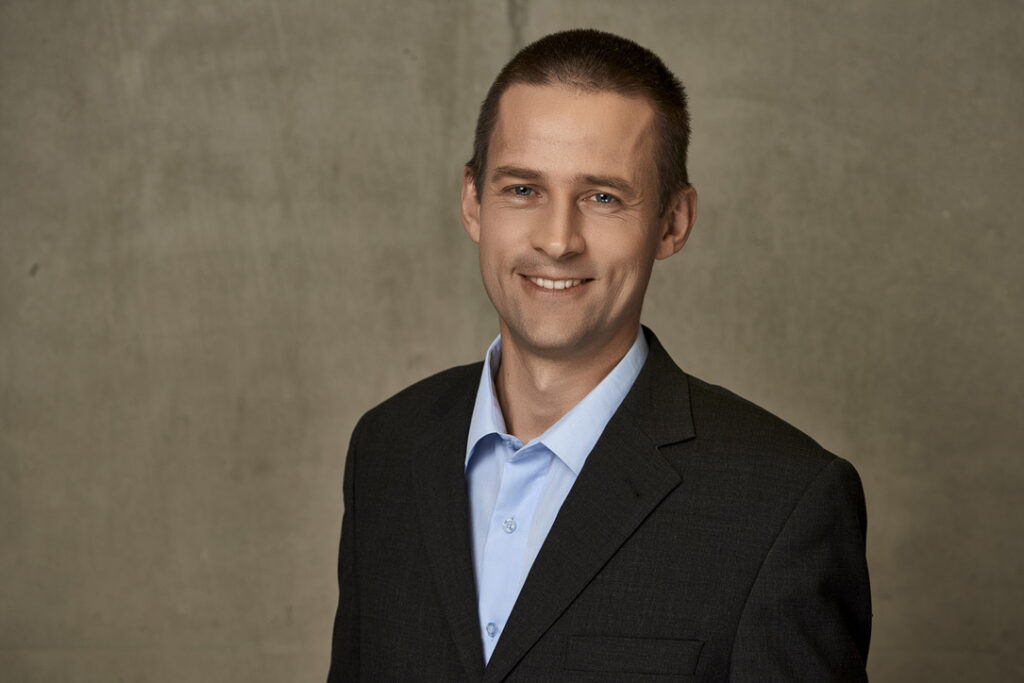Petr Džubák: I’ve always enjoyed inventing new things
Petr Džubák started his scientific career as a medical student but he has been attracted to discovering new things since childhood and he read textbooks on inorganic chemistry in elementary school. Now he is one of the top researchers at the Institute of Molecular and Translational Medicine, which is associated with both CATRIN and the Faculty of Medicine of UP. His work focuses on developing new drugs and early diagnosis of cancer, but as a certified paediatrician he also tries to keep in touch with clinical practice.
“I have been attracted to science and research for as long as I can remember. One of my earliest memories is being given a Young Chemist play set when I was about five years old. My grandfather was a major influence on me. He was not allowed to study by the regime at the time, but he was one of the smartest people I know. I went to the Science Library with him as a boy, he was the one who motivated me the most,” Džubák recalled.

While studying at the Faculty of Medicine at UP, he soon discovered that studying alone did not satisfy him. By a happy coincidence, he joined the newly established laboratory of Marian Hajdúch. “There I became involved in the work almost immediately. I was completely hooked, to the point that I even stayed overnight in the laboratory. Once I finished medical school, I started working on a PhD and it was natural for me to pursue research. In addition, I have always worked at the Children’s Clinic, and I still perform several shifts there each month. I enjoy being in contact with patients, so I try to keep in touch with real medicine at least a little bit – I would not like to lose that,” he added.
His primary focus, however, is on developing anti-cancer drugs and finding biomarkers for early cancer diagnosis. “We are looking for protein signatures that could reveal a tumour before it is visible by imaging and before a person even realises that something is wrong in their body. We are particularly targeting diseases in the lungs and the female reproductive organs. I enjoy basic research, but my greatest motivation is to make its results useful to patients,” he said.

